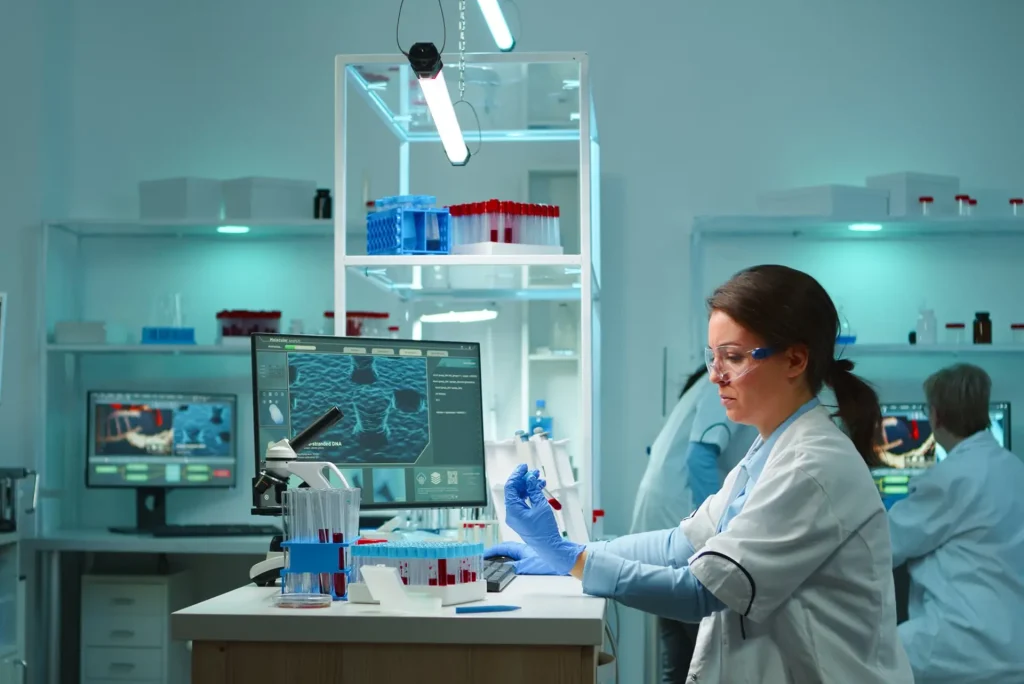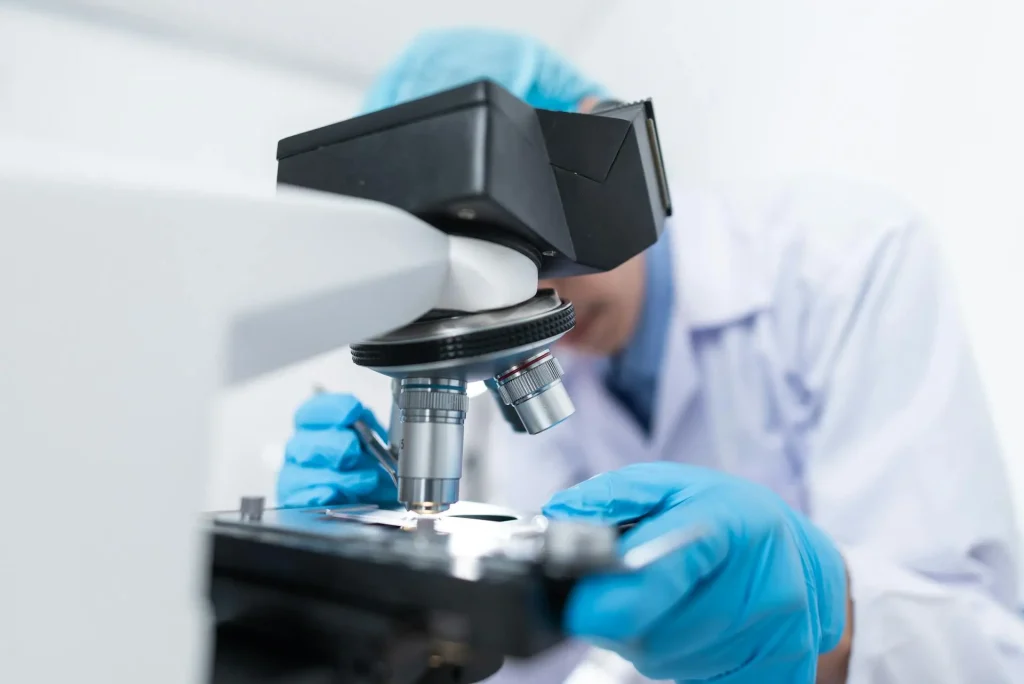Law Programs In India
Law Programs in India Law Program in India Apply For Law Program India’s legal education system has evolved significantly over the years, offering a plethora of courses that cater to the diverse interests of aspiring legal professionals. This blog post aims to provide a broad overview of the law programs available in India, the governing pillars of law education, the range of courses from diplomas to advanced degrees, eligibility criteria, and the myriads of career opportunities that await law graduates. Law education in India is rich and varied, offering courses that range from foundational programs to specialized legal studies. Here’s a brief look at the different law courses offered across the country: Bachelor of Laws (LLB): A traditional three-year course pursued after graduation. Integrated Undergraduate Degrees: Five-year courses like BA LLB, BBA LLB, and BSc LLB, which combine a bachelor’s degree with LLB. Master of Laws (LLM): A postgraduate degree focusing on specialized areas of law. Doctor of Philosophy (PhD) in Law: The highest academic qualification in law, allowing for deep research into legal studies. Diploma and Certificate Courses: Short-term programs that provide specialized knowledge in areas like cyber law, human rights, and intellectual property rights. Pillars of Law Education in India The quality and direction of law education in India are steered by two main regulatory bodies: The Bar Council of India (BCI): Responsible for setting standards for legal education and granting recognition to law schools. The University Grants Commission (UGC): A statutory body overseeing the standards of university education in India, including law. Pathways to Legal Expertise: From Diplomas to Degrees The journey to becoming a legal expert in India can begin right after high school and continue to advance studies. Here’s an outline of the law courses and their eligibility criteria: Diploma in Law: Generally, requires completion of 10+2 with a minimum percentage, varying from institution to institution. LLB: Eligibility includes a bachelor’s degree with a minimum aggregate score, often followed by entrance exams like CLAT, AILET or LSAT. LLM: Candidates must hold an LLB degree and may need to clear entrance tests for admission to postgraduate programs. PhD in Law: Aspirants should have completed their LLM with a good academic record and are usually required to qualify for a research entrance test. Career Opportunities: The Legal Gateway After completing law education, graduates can explore various career paths: Litigation: Practicing in courts across the country. Corporate Law: Working in legal departments of businesses. Judiciary: Becoming a judge through competitive exams. Academia: Teaching and research in law schools. Public Policy: Shaping policies and working with government bodies. Enhancing the Blog’s Appeal To make this blog more engaging, consider adding: Interviews with Law Professionals: Insights from industry experts can provide practical perspectives. Success Stories: Featuring alumni who have carved successful careers in law. Infographics: Visual representations of the law education pathway and career options. Interactive Elements: Quizzes or decision trees to help readers determine their ideal law course. In conclusion, law education in India is a dynamic field with extensive courses and opportunities. Whether one aspires to be a courtroom advocate, a corporate legal advisor, or a policy maker, the legal profession offers a challenging and rewarding career. We hope this guide serves as a beacon for those embarking on their legal education journey, illuminating the path to a successful career in the vast expanse of law. Looking For Best Law Programs? Contact Now






